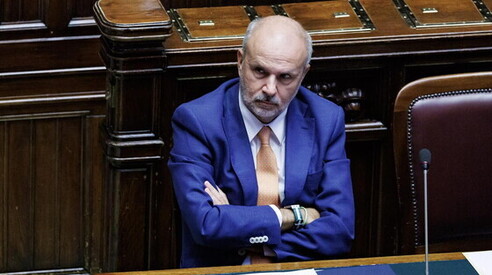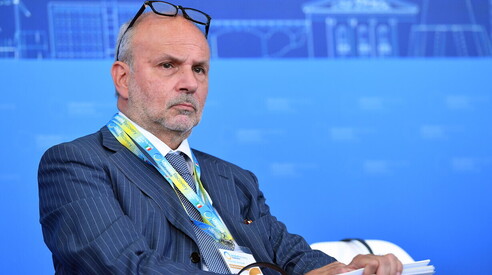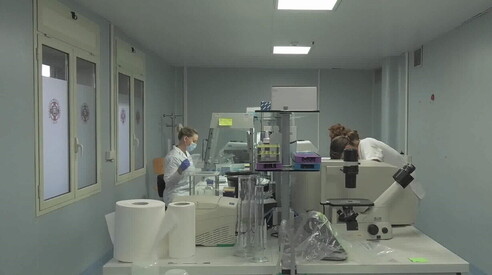Anti-vaxxers removed from the Technical Group on Vaccinations. Schillaci's problems remain.


Photo LaPresse
The minister finds himself in a very delicate position: accused first of having given the green light to an inappropriate appointment, he will now have to justify a revocation that could appear late, inconsistent or even illegitimate if not supported by valid reasons.
The Ministry of Health has officially revoked the National Technical Advisory Group on Vaccinations (NITAG), through a decree signed by Minister Orazio Schillaci . This decision follows days of controversy and criticism following the appointment of two figures, Paolo Bellavite and Eugenio Serravalle, notoriously critical of vaccination policies, to the group . This decision has generated dismay in the scientific community and sparked outrage internationally, making Italy the target of ridicule and concern.
The ministerial decision was motivated by the intention to "initiate a new appointment process for the members of the Nitag to involve all interested categories and stakeholders ." However, beyond the vague explanations, the revocation raises numerous questions. A document already signed and, in all likelihood, submitted for registration cannot be annulled without legally sound reasons. The lack of detail in the official statement leaves a transparency gap that risks fueling further tensions.
The political front, in fact, is already in turmoil. The League, in a statement signed by MPs Bagnai, Borghi, and Loizzo, had openly defended the appointment of the two contested members in recent days, criticizing the previous management of the pandemic and calling for a "political synthesis" between differing opinions: "Rather than resignations for the appointment of Drs. Bellavite and Serravalle, what is needed is a complete overhaul of Speranza's management. Therefore, diverse ideas and experiences are welcome. Forza Italia, on the other hand, had expressed strong doubts."
The revocation, therefore, now risks triggering a bitter internal conflict within the majority. While Forza Italia may claim a political victory, Brothers of Italy and the League—who had supported the appointment—may not accept the Minister's resignation without engaging in heated debate.
Orazio Schillaci thus finds himself in a very delicate position: accused of having green-lighted an inappropriate appointment, he must now justify a dismissal that could appear belated, inconsistent, or even illegitimate if not supported by valid reasons. Internationally, this further undermines Italy's image: first the appointment of experts with scientifically controversial positions, then the sudden about-face. This sequence makes our country's entire decision-making system appear unstable and unreliable.
At a time when trust in science and healthcare institutions is crucial, the Nitag episode represents a real debacle. It risks leaving profound scars both on the credibility of the Ministry of Health and on the stability of the government majority.
For further information:





More on these topics:
ilmanifesto





